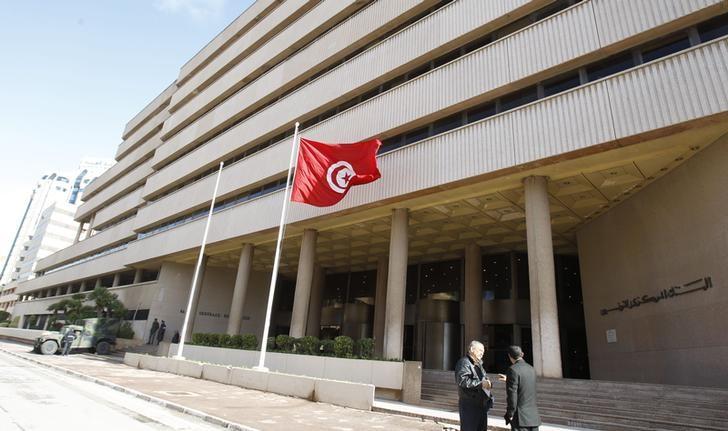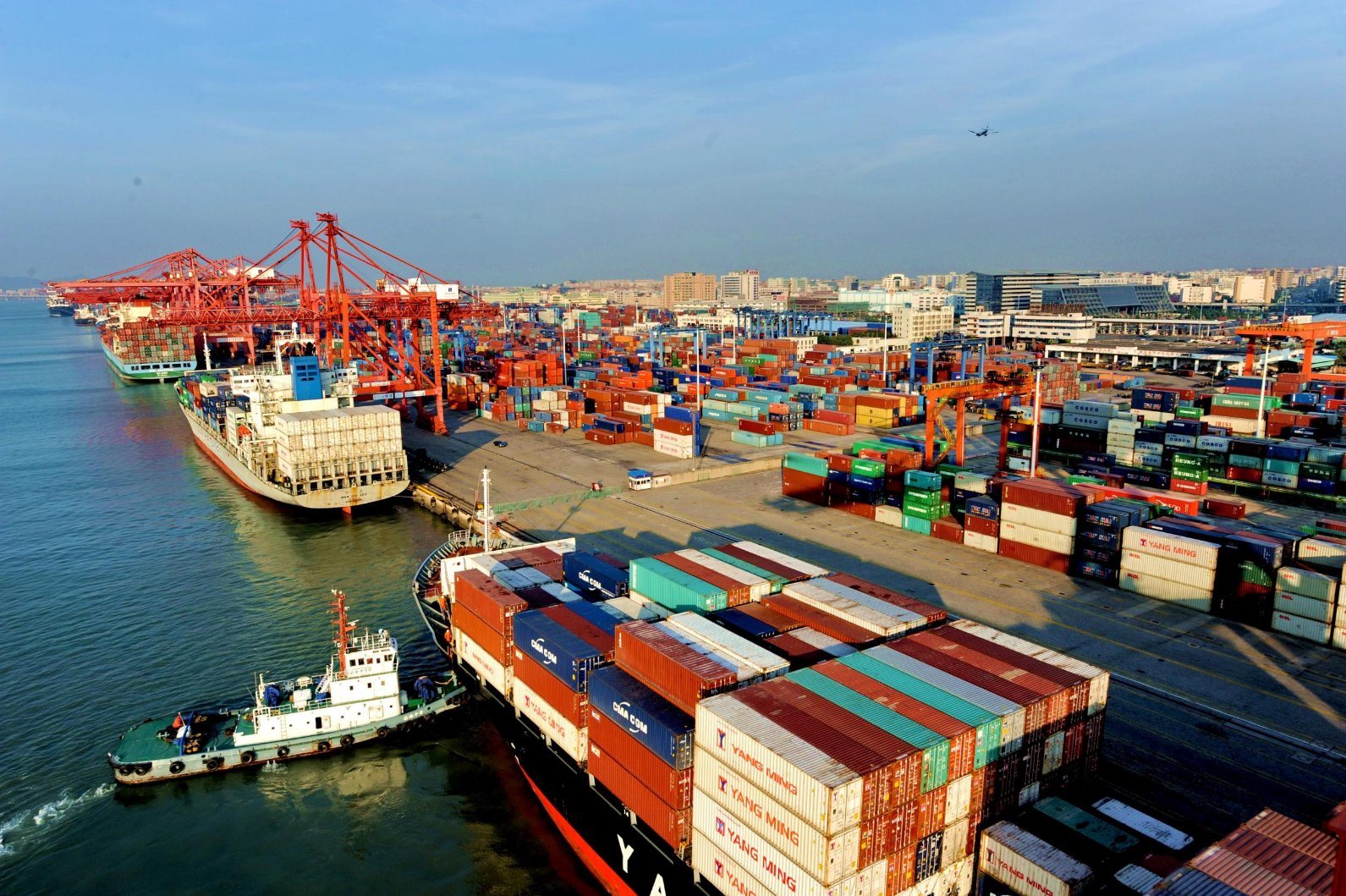Economists urge incoming NASS to pass PIGB to sustain growth momentum
Share

Some economists have urged the incoming National Assembly to carry out the reforms embedded in the Petroleum Industry Governance (PIGB) Bill to unlock its huge potential to economic growth.
The economists told the News Agency of Nigeria (NAN) on Wednesday in Lagos that the reforms were capable of creating more jobs and revenue that would catalyse the country’s economy.
They were reacting to a World Bank report that reduced 2019 growth forecast for Sub-Saharan Africa, which included Nigeria, to 2.8 per cent from an initial 3.3 per cent.
The World Bank said that the cut in its forecast was due to increasing domestic macro-economic instability, including poorly managed debt, inflation and deficits.
World Bank said Nigeria, South Africa and Angola, which make up about 60 per cent of Sub-Saharan Africa’s annual economic output, were all facing various challenges, thus curbing their contribution to the growth momentum.
Mr Muda Yusuf, Director-General of Lagos Chamber of Commerce and Industry (LCCI), said that failure to undertake the Petroleum Industry Bill reform constituted a major drawback to the economy.
He noted that the opportunity cost to the economy in terms of massive importation of petroleum products and huge subsidy payments were horrendous.
Yusuf noted that the policy environment in the downstream petroleum sector had elevated the Nigerian National Petroleum Corporation (NNPC) to the level of a monopoly with regard to the supply of petroleum products.
Besides, he said the quality of domestic institutions, policy and regulatory environment were contributory factors affecting the nation’s economic performance.
“Weak infrastructure has taken a toll on productivity in the non-oil sector of the economy.
“Operating and production costs are high, thus, affecting the competitiveness of firms in the economy,’’ the director-general said.
Yusuf noted that the high operating cost of businesses had made it difficult to mainstream small businesses, thus undermining the quest for economic inclusion and job creation.
He said that the high cost of governance and high debt burden remained critical issues of concern to the economy.
Another Economist, Mr Benjamin Badeh, said there was need to increase investors’ confidence, enhance performance and investment in the non-oil sector and improve the business environment.
He noted that a stable macroeconomic environment, policy certainty and increased funding to the private sector would spur economic rebound and growth.
(NAN)


















